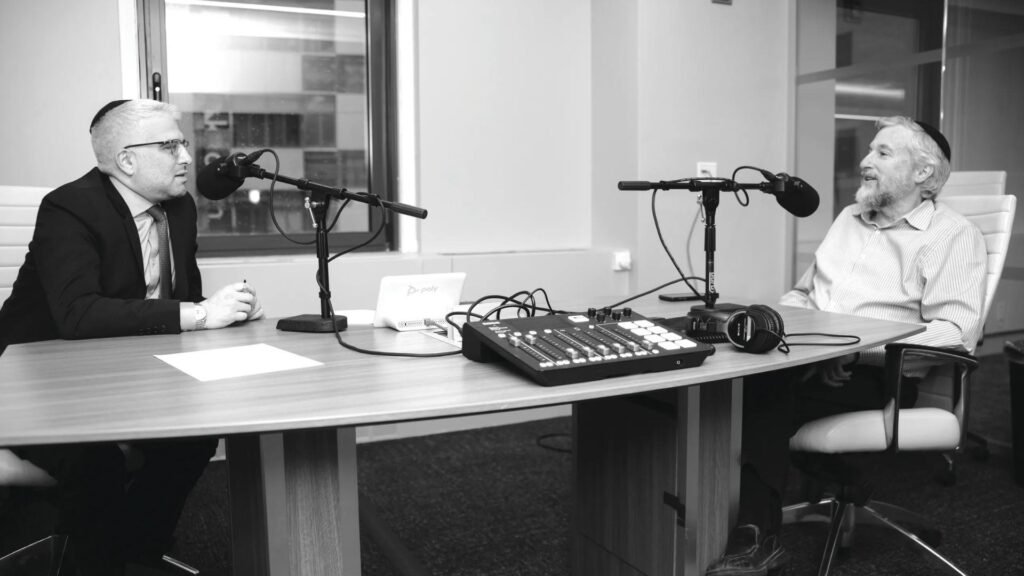The intersection of technology and religious scholarship has led to groundbreaking advancements in Torah study. Jewish scholars are increasingly harnessing the power of big data to enhance their understanding of Torah texts, streamline research, and facilitate deeper analysis. Here’s a comprehensive look at how big data is transforming Torah study and analysis.

Leveraging Big Data for Textual Analysis
Big data technologies allow Jewish scholars to conduct extensive textual analysis of Torah and Talmudic literature. By digitizing ancient manuscripts and utilizing sophisticated algorithms, scholars can perform comprehensive searches and comparisons across vast corpora of texts. This capability enables them to identify patterns, recurring themes, and variations in textual transmission that were previously difficult to detect. Advanced tools can analyze the frequency of specific words or phrases, trace textual variants, and provide insights into the historical development of Jewish texts.
Enhancing Historical and Contextual Research
Big data facilitates more in-depth historical and contextual research by integrating diverse sources of information. Jewish scholars can now access and analyze data from archaeological findings, historical records, and secondary literature alongside traditional texts. This integration allows for a more nuanced understanding of the historical and cultural context in which Torah texts were written and interpreted. By correlating textual data with historical events and cultural practices, scholars gain a richer perspective on the evolution of Jewish thought and tradition.
Improving Accessibility and Engagement
Digital platforms and big data tools enhance accessibility to Torah study materials. Online databases, searchable archives, and interactive platforms make it easier for scholars and laypeople alike to access and study Torah texts. These resources often include translations, commentaries, and multimedia elements that support a more engaging learning experience. Big data technologies also enable personalized learning experiences, where users can receive tailored recommendations and insights based on their study preferences and interests.
Facilitating Collaborative Research
The collaborative nature of big data allows for increased cooperation among scholars across different disciplines and geographic locations. Shared databases and research platforms enable scholars to contribute to and benefit from collective knowledge. This collaborative approach fosters interdisciplinary research and dialogue, bringing together experts in fields such as history, linguistics, and theology to address complex questions related to Torah study.
Applying Machine Learning to Interpretive Challenges
Machine learning, a subset of big data technologies, is being used to address interpretive challenges in Torah study. Algorithms can assist in generating new interpretations, suggesting connections between different texts, and even predicting how certain passages might be understood in various contexts. By analyzing large volumes of text and identifying patterns, machine learning tools can offer fresh insights and support scholarly debates on complex theological and legal issues.
Ensuring Data Security and Integrity
As with any application of big data, ensuring the security and integrity of digital Torah texts and research data is crucial. Jewish scholars and institutions prioritize the protection of sensitive information and the preservation of the authenticity of religious texts. Secure digital infrastructure and rigorous data management practices are essential to maintaining the reliability and confidentiality of Torah study resources.
Addressing Ethical and Halachic Considerations
The use of big data in Torah study also raises ethical and halachic considerations. Scholars must navigate questions related to the use of digital tools in interpreting sacred texts, the potential impact of machine-generated insights, and the preservation of traditional methodologies. Balancing technological advancements with respect for established religious practices is an ongoing conversation within the Jewish scholarly community.
Future Prospects
Looking ahead, the potential for big data to further transform Torah study is immense. Emerging technologies such as artificial intelligence and advanced analytics will continue to provide new tools and methodologies for scholars. As these technologies evolve, they will likely offer even more sophisticated ways to explore and understand Jewish texts, deepening our knowledge and engagement with Torah study.
Conclusion
Big data is revolutionizing Torah study and analysis by offering new tools and methodologies for textual research, historical analysis, and scholarly collaboration. By integrating digital technologies into their work, Jewish scholars are enhancing their understanding of sacred texts and making Torah study more accessible and engaging. As technology continues to advance, the potential for further innovation in Torah scholarship is both exciting and transformative.




